The Nigerian comic industry has gone through waves of transformation from funny satirical strips to globally recognized superhero epics. These moments are not just highlights but turning points that shaped how comics are consumed and celebrated in Nigeria. Out of the many milestones, here are ten that stand out as game changers.
1. The Birth of Ikebe Super (1976)
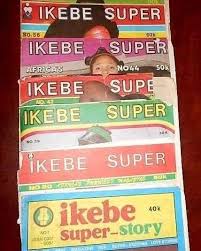
What Happened: Wale Adenuga launched Ikebe Super, a satirical comic magazine.
Why It Matters: It pioneered mass-market comic publishing in Nigeria, laying the foundation for local storytelling and later adaptations like Papa Ajasco.
2. The Publication of Dark Edge (1999)
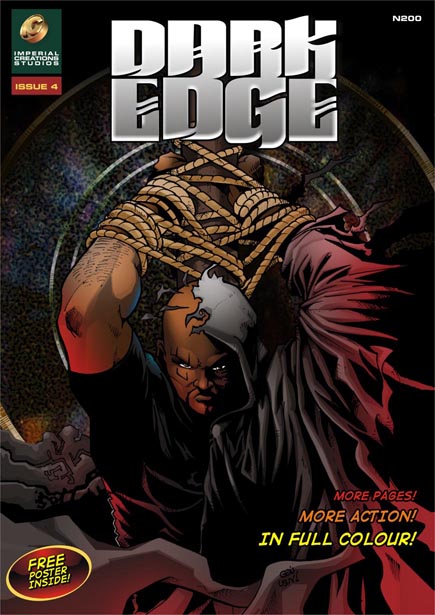
What Happened: A collective of Nigerian artists launched Dark Edge, a gritty, experimental comic series.
Why It Matters: It proved that Nigerian comics didn’t need to rely on spandex-wearing superheroes. Instead, it embraced darker, more culturally rooted themes. This milestone showed the industry’s capacity to tell original African stories and inspired a wave of creators to think beyond Western templates.
3. Supa Strikas Launches (2001)
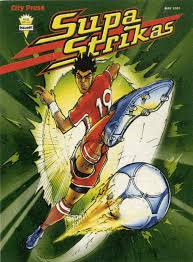
What Happened: Supa Strikas was first published in Nigeria and South Africa before going pan-African.
Why It Matters: It became Africa’s biggest sports comic, distributed in over 20 countries. For many Nigerian youths, Super Strikas was their first “comic habit,” teaching visual literacy and sparking love for comic storytelling.
4. Panaramic Entertainment Launches Okiojo’s Chronicles (2014)
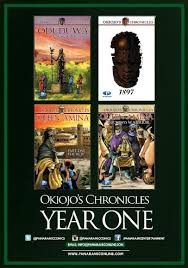
What Happened: Panaramic Entertainment unveiled Okiojo’s Chronicles, a historical/cultural comic book series, with its first issue, “Oduduwa: The Story of the Yoruba,” in July 2014 at King’s College in Lagos.
Why It Matters: This marked a significant moment for educational comics in Nigeria. By promoting history and culture through comics, it bridged storytelling with heritage preservation. It also showed the potential for Nigerian comics to serve not just entertainment but also national identity and learning.
5. Lagos Comic Con Debuts (2012)
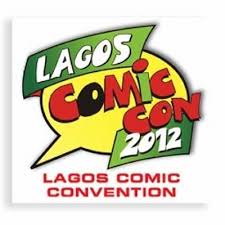
What Happened: Ayodele Elegba organized the first Lagos Comic Con.
Why It Matters: It created a homegrown platform for fans, publishers, and creatives. Today it’s Africa’s biggest comic convention.
6. Guardian Prime & the Rise of Comic Republic (2013)
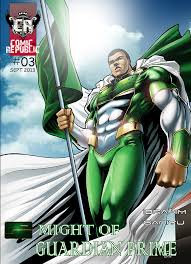
What Happened: Jide Martin launched Guardian Prime under Comic Republic.
Why It Matters: It marked the beginning of the modern Nigerian superhero era, distributed digitally and reaching readers globally.
7. The Indomitables Comic by Dufil Prima (2010)
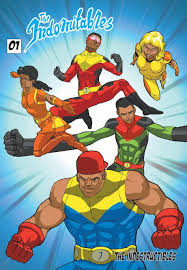
What Happened: Indomie noodles launched The Indomitables, a superhero team comic tied to its brand.
Why It Matters: It reached millions of children through free distribution in noodle packs and schools, introducing young Nigerians to original local superheroes.
8. EXO: The Legend of Wale Williams Goes Global (2015)
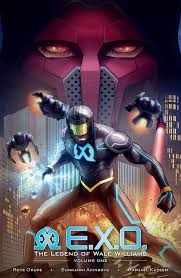
What Happened: Roye Okupe’s graphic novel launched internationally through YouNeek Studios.
Why It Matters: It was one of the first Nigerian superhero comics to break into the U.S. market, showing that African stories could compete globally.
9. Planet Comics Store Opens (2013)
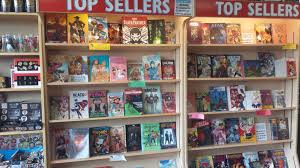
What Happened: Abdulkareem Baba Aminu co-founded Planet Comics, Nigeria’s first dedicated comic shop.
Why It Matters: It gave fans a physical hub for comics a culture-defining moment for Nigerian geekdom.
10. Iyanu: Child of Wonder Gets an HBO Max/Cartoon Network Adaptation (2025)
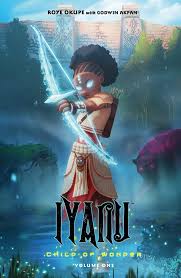
What Happened: Roye Okupe’s Yoruba mythology-inspired comic was adapted for global animation.
Why It Matters: It signaled a new era Nigerian comic leaping into global mainstream animation, putting African myths side by side with Marvel and DC stories.
The Panels That Built a Movement
From Ikebe Super’s satirical humor in the 1970s to Iyanu: Child of Wonder’s global animation deal, Nigerian comics have evolved from ink-on-paper curiosities into a force shaping Africa’s creative identity. Each milestone tells a story of resilience, innovation, and cultural pride from small print runs to international streaming platforms.
What began as passion projects in small studios has now become a movement driving youth engagement, digital creativity, and global recognition. Nigerian creators are not only reclaiming their narratives but also proving that African mythology, humor, and heroism have universal appeal.
As the industry continues to grow with new publishers, conventions, and adaptations emerging one thing is clear: the Nigerian comic revolution isn’t just about superheroes. It’s about super stories our stories old boldly, beautifully, and unapologetically African.